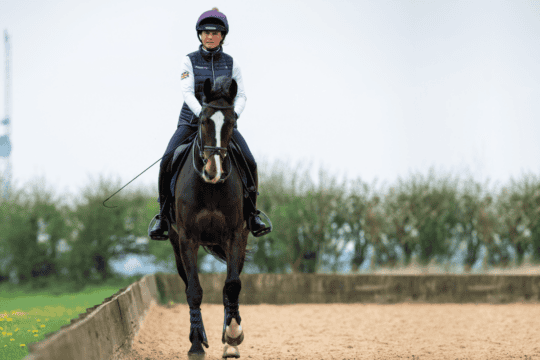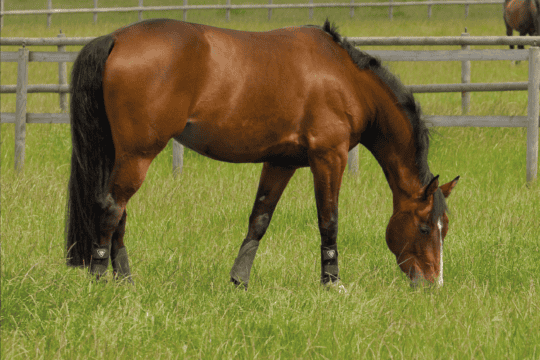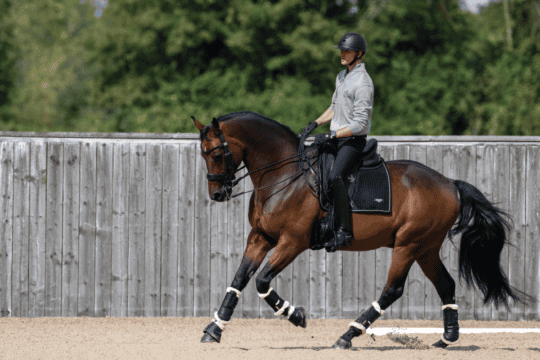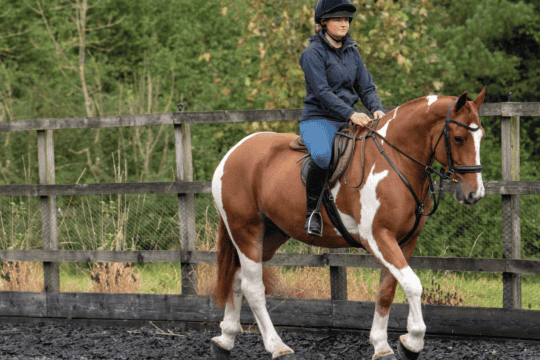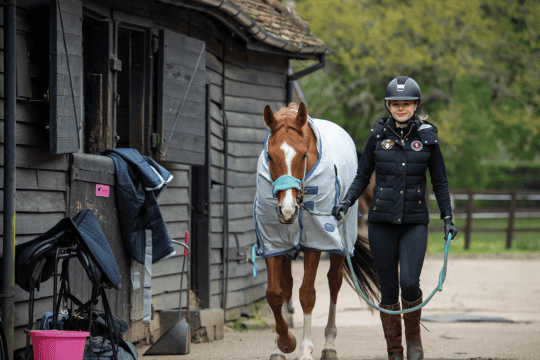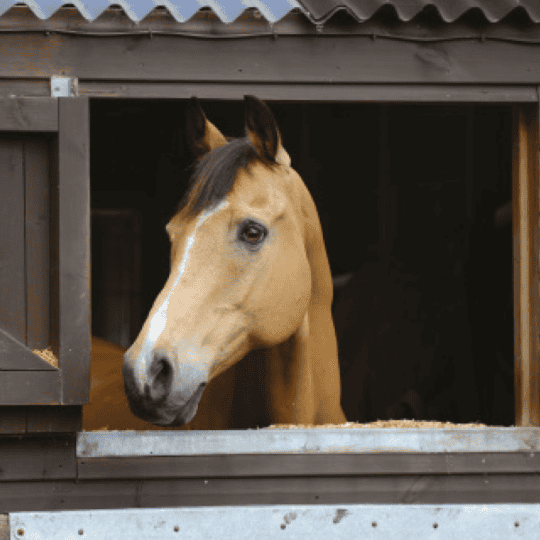Further your understanding of vaccinating your horse and why it’s so important to have them done
Posted 24th January 2022
Learn everything you need to know about vaccinating your horse and the diseases you can protect him against
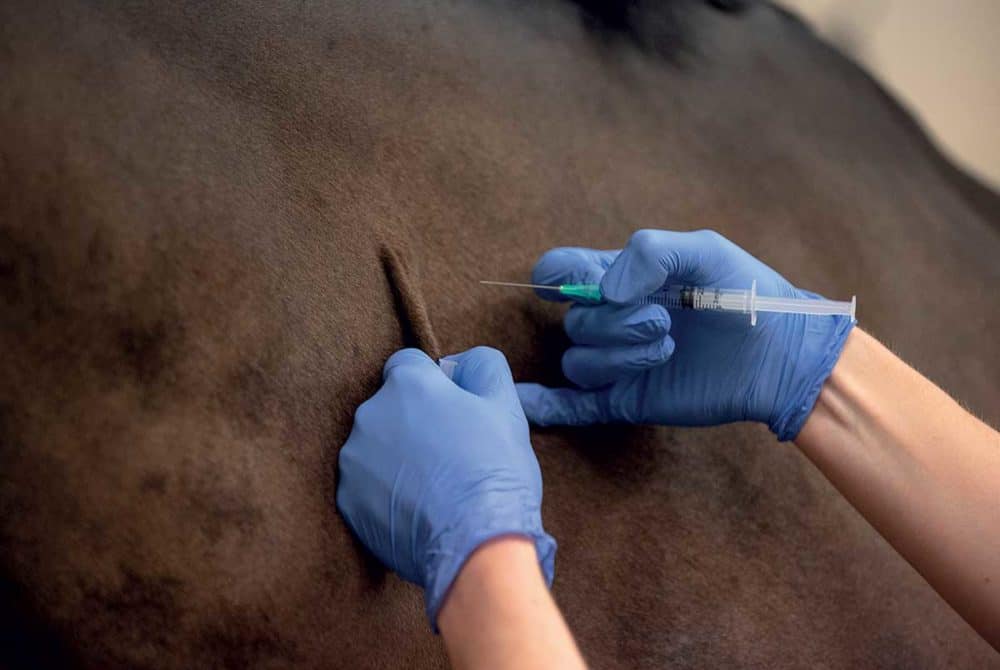
Vaccine’s the word on everyone’s lips as the world continues to navigate the Covid-19 pandemic. But, how relevant is it when it comes to our horses? Similarly to how they work in people, vaccinations are used widely among our horse population to reduce illnesses. The main vaccinations used in the UK are to protect against equine influenza (flu) and tetanus, but there are plenty of other relatively common diseases you can choose to vaccinate your horse against that may not have crossed your mind. Let’s take a closer look.
How does it work?
Your horse’s immune system provides defence against any pathogen (bacteria, viruses, parasites or fungi) it comes into contact with. Pathogens stimulate the production of specific antibodies designed to build up and destroy the pathogen if it’s ever encountered by the body again. The body’s initial response to any pathogen is relatively slow, so it takes a while to build up immunity. However, antibody-producing memory cells are also created. So, if there’s another exposure, the subsequent antibody response is much quicker and more effective.
The purpose of a vaccine is to stimulate your horse’s immune system to respond similarly to the way it would to an actual disease attack. The result is a memory of the pathogen, so if he’s exposed again his body can respond quickly and fight it effectively, preventing severe illness.
On schedule
Most vaccinations have an initial course that comprises two injections. Antibody levels peak 2–4 weeks after the second vaccination and then gradually decline. That’s why booster vaccinations are needed to maintain sufficient antibody levels.
In the case of equine flu, studies have shown that there’s a significant decline in antibodies 3–4 months after vaccination. That’s why, in recent times, it’s been advised you book a booster every six months, rather than annually.
Side effects
Like any medication, vaccinations can sometimes produce side effects once administered. The most common your horse could experience include…
- localised swelling or soreness at the vaccination site
- lethargy
- being off his food
- a slight temperature
Your vet will usually suggest you don’t do anything too strenuous with your horse for a couple of days following vaccination, but light exercise, such as hacking in walk and trot, is fine – especially if there are no obvious adverse effects.
Vaccinations are almost all given intramuscularly – most commonly in the neck, although sometimes in the hindquarters or chest. Some horses can be prone to post-vaccination reactions and get very sore. For example, if your horse is injected in his neck, he may find it difficult to lower his head to graze or drink – if this happens, contact your vet who will likely prescribe painkillers, and ensure he’s given food and water from a height he can access easily. Most horses respond very quickly to treatment, but in rare instances an abscess may form following vaccination, which will need to be drained.
Did you know?
Vaccinations must be administered by a veterinary surgeon and recorded in your horse’s passport.
Find out more about vaccines and the diseases they protect your horse from in the latest copy of Horse&Rider Februaryon sale 27 January 2022


